Does Shedding Make Dogs Itchy? Latest Vet Advice
Every dog owner has faced the mess of fur during shedding season and wondered—does shedding make dogs itchy? The sight of your pup scratching can be worrying. If ignored, it may signal hidden issues beyond normal shedding. The good news is that with the right care, you can ease discomfort, prevent skin problems, and keep your dog comfortable all year round. This guide breaks down everything you need to know.
Understanding the Shedding Process
Why Dogs Shed
Shedding is a natural process where dogs lose old or damaged hair to make way for new growth. While some breeds shed lightly, others, like Huskies or German Shepherds, shed heavily during seasonal changes. This can sometimes lead owners to ask: do dogs get itchy when they shed? The answer depends on your dog’s skin health and environment.
Does Shedding Affect the Skin?
Loose hair can trap dirt, dander, and allergens close to the skin. If not removed through grooming, this buildup may irritate your dog’s skin. When combined with environmental triggers, it may feel itchy. Still, shedding itself is not harmful—it’s often secondary factors that cause discomfort.

Normal vs. Abnormal Shedding
What Is Considered Normal
Dogs normally shed year-round, with heavier shedding in spring and fall. A consistent pattern, even if messy, is usually nothing to worry about. Short bursts of scratching during shedding season may also be normal.
Signs of Abnormal Shedding
If you notice bald patches, constant scratching, red skin, or foul odors, this could indicate an underlying problem. In such cases, does shedding make dogs itch more severely? Not exactly—the shedding exposes skin vulnerabilities, but the root cause may be allergies, parasites, or infection.
Common Causes of Itchiness During Shedding Season
1. Dry Skin and Seasonal Changes
As humidity drops, dogs’ skin may become dry and flaky. When combined with extra loose fur, this dryness can worsen itching. Adding a humidifier or omega-rich supplements may help.
2. Allergies
Dogs may react to food ingredients or environmental triggers such as pollen, dust mites, or cleaning chemicals. During shedding, exposed skin is more sensitive, making allergies feel worse.
3. Parasites Thriving During Shedding
Fleas and mites often take advantage of dogs when loose fur provides hiding spots. If your dog scratches excessively, it could be more than normal shedding itch.
4. Skin Infections and Hot Spots
Bacteria or yeast infections may occur when scratching damages the skin. Moist areas can develop painful hot spots, often mistaken for normal shedding irritation.
5. How to Tell If Itchiness Is Normal
Occasional scratching is expected. But if your dog wakes from sleep to scratch, loses focus during play, or develops red bumps, it’s a sign the itching is not normal.
6. “Good Itch” vs. “Bad Itch”
A “good itch” is temporary and relieved by grooming or bathing. A “bad itch” lingers, worsens over time, and often comes with hair loss or skin changes. Monitoring these signs helps you decide when vet care is needed.

Home Remedies and Relief for Itchy, Shedding Dogs
1. Hydration and Nutrition
Provide fresh water and balanced diets rich in omega-3 fatty acids. These help strengthen skin barriers and reduce dryness. Some owners add fish oil supplements with vet approval.
2. Brushing and Grooming Tips
Frequent brushing removes loose hair, prevents tangles, and spreads natural oils. Tools like de-shedding brushes are especially effective for heavy shedders.
3. Bathing Considerations
Avoid over-bathing, as it strips natural oils. Use gentle, moisturizing shampoos and rinse thoroughly. After baths, make sure your dog is fully dry to prevent hot spots.

Does Shedding Irritate Dogs?
Shedding itself doesn’t hurt dogs, but it may contribute to itchiness when combined with dry skin, allergies, or poor grooming. That’s why regular brushing and skin checks are essential.
How to Tell If Your Dog Is Shedding Too Much
Excessive shedding may signal poor nutrition, hormonal imbalances, or parasites. If fur loss seems uneven or sudden, consult your vet for evaluation.
Everything Our Vets Recommend
Can Dogs Get Itchy While Shedding?
Yes, many owners report that dogs itch when they shed. However, the itching often comes from trapped fur, dry skin, or allergens, not the shedding alone.
What Foods Can Help With Scratching and Itchiness?
Omega-rich foods such as salmon, sardines, or flaxseed oil can improve coat health. Probiotics and high-quality proteins also support skin resilience. Always consult your vet before adding supplements.
When to Try Supplements
If your dog experiences recurring seasonal itch, supplements like fish oil, probiotics, or skin-support blends may help. Choose vet-approved products for safety.
When to Seek Professional Help
Role of Veterinarians
Vets can rule out parasites, infections, and allergies through exams and tests. They may recommend medicated shampoos or prescription treatments.
Role of Groomers
Professional groomers can provide deep brushing, de-shedding treatments, and skin-friendly baths that reduce shedding-related itchiness.
Does Shedding Make Dogs Itchy FAQs
Do dogs get itchy when they shed?
Some dogs experience mild itching during shedding due to trapped fur and dry skin. Regular grooming helps prevent discomfort.
Do dogs itch when they shed?
Itching is common but should be temporary. If scratching is constant or leads to hair loss, consult your vet.
Does shedding make dogs itch?
Shedding itself does not directly cause itching, but environmental and health factors combined with shedding can make your dog uncomfortable.
Final Thoughts
So, does shedding make dogs itchy? The answer is sometimes, but not always. Shedding is natural, but if paired with dry skin, allergies, or parasites, your dog may scratch more than usual. Through hydration, nutrition, grooming, and timely vet visits, you can keep shedding manageable and your dog itch-free. Discover the right care today to ensure your furry friend stays healthy, happy, and comfortable.
You May Like:
- Do Dogs Shed in Certain Seasons? 2025 Latest Vet Insights
- 2025's Best Seborrhea Dog Shampoo: A Solution for Itchy Skin
- Best Probiotics for Dog Skin Allergies: Vet Picks and Tips
- 2025’s Best: Yeast Infection on Dogs Skin Solutions
User Comments
Does flea treatment kill ear mites too?
Can dogs take human probiotics?
Can dogs have people probiotics safely?
Related Articles
View all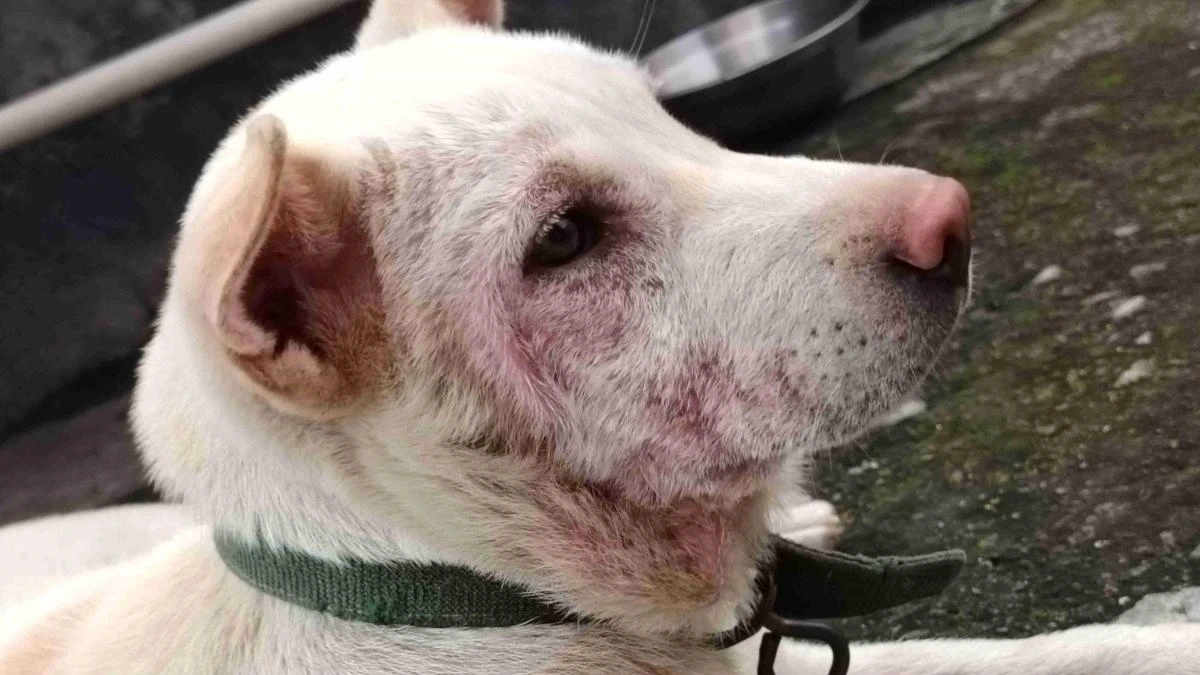
How to Get Rid of Dog Allergies Naturally: Common Mistakes
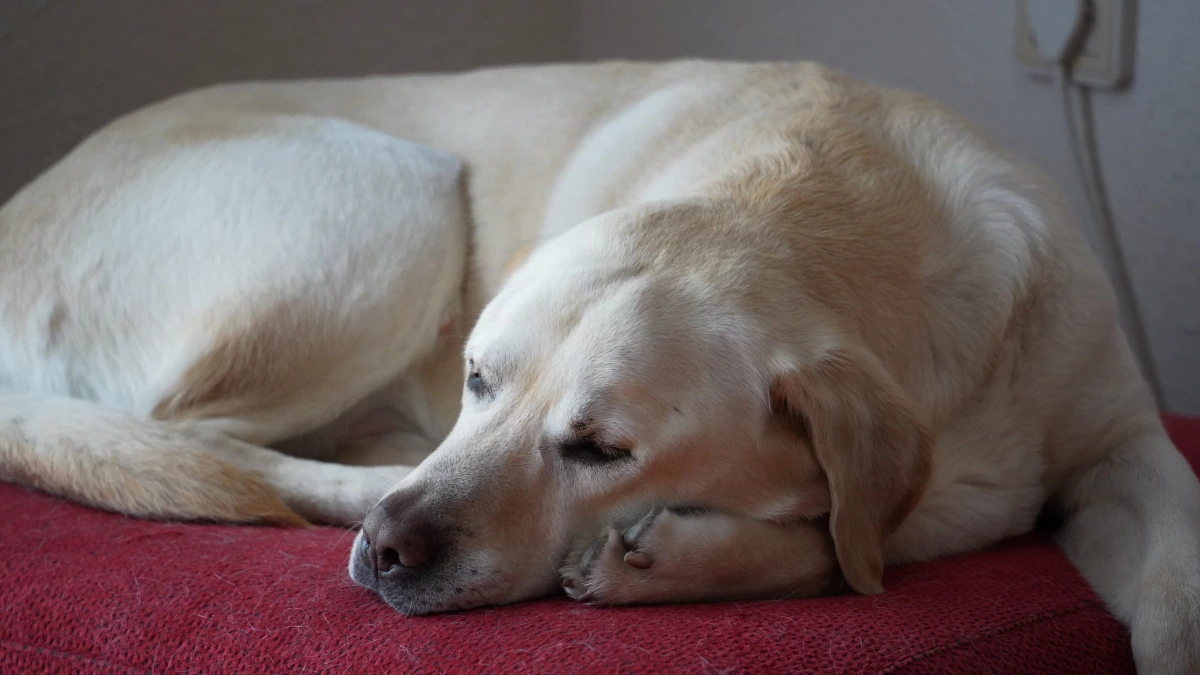
Dog Allergic Reaction Eye Swelling: Hidden Mistakes to Avoid
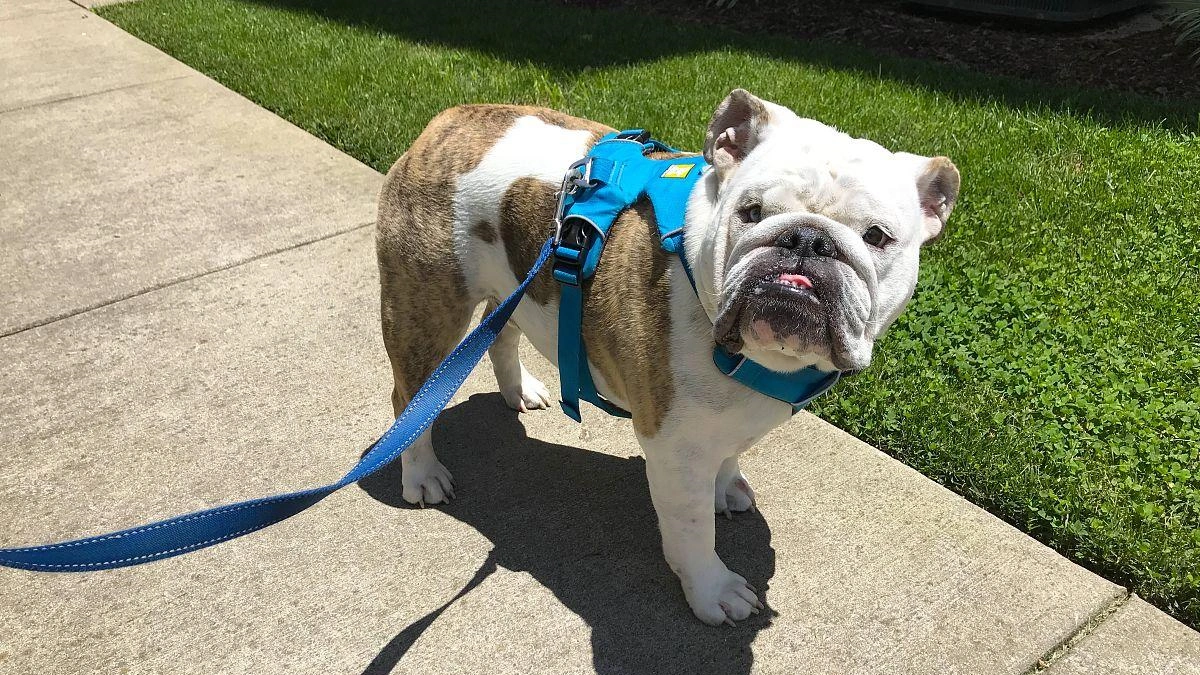
Why Do Bulldogs Scratch? Bulldog Skin Allergies Guide
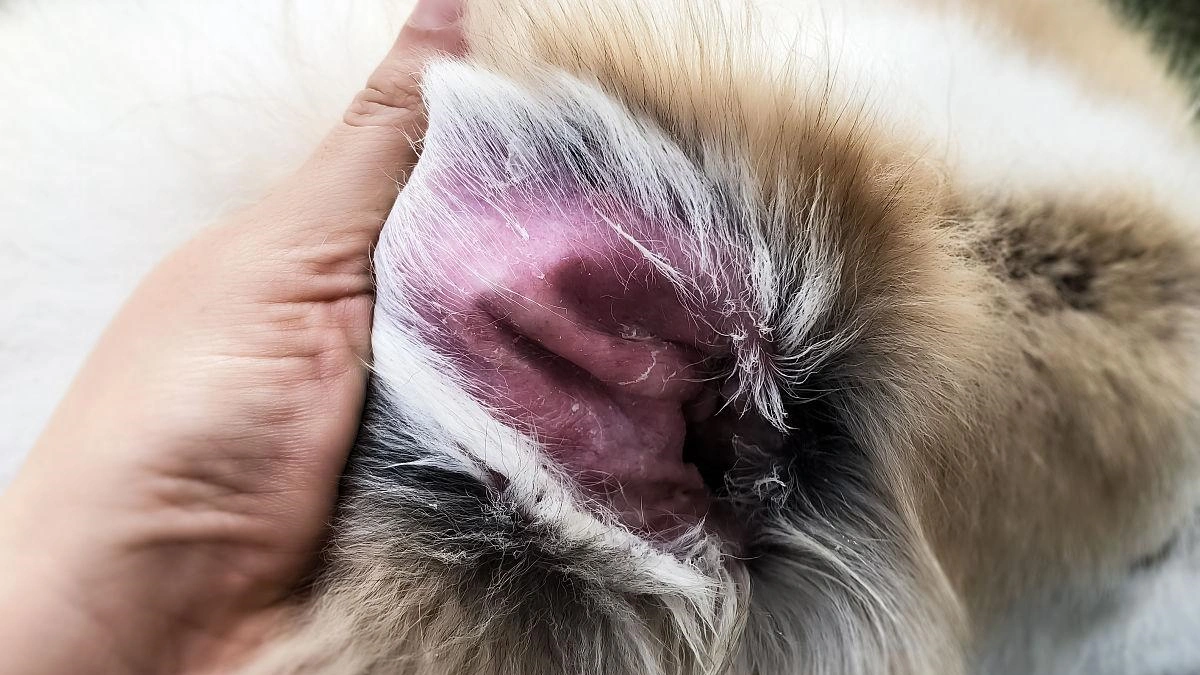
Cure for Dog Skin Allergies Owners Often Miss

How to Get Rid of Dog Allergies Naturally: Common Mistakes

Dog Allergic Reaction Eye Swelling: Hidden Mistakes to Avoid

Why Do Bulldogs Scratch? Bulldog Skin Allergies Guide

Cure for Dog Skin Allergies Owners Often Miss
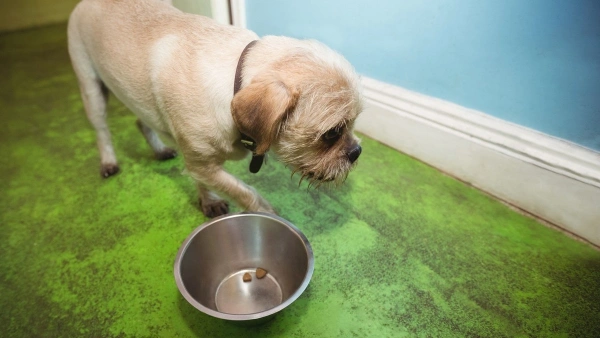
Vet-Recommended Wet Dog Food for Sensitive Stomachs — 2025 Guide
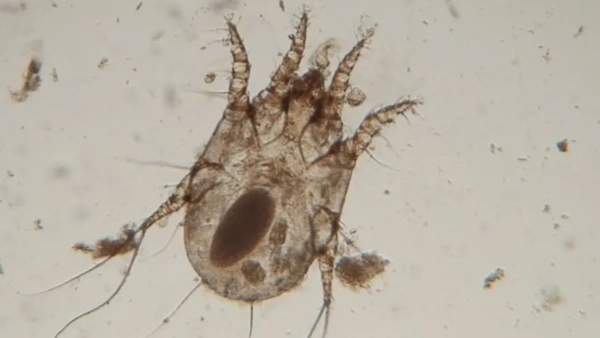
Dog Dust Mite Allergy: Symptoms, Treatment, Prevention
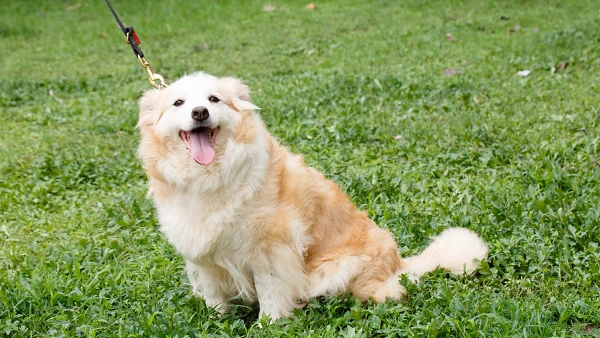
Can Allergies in Dogs Cause Diarrhea and Vomiting? Explained
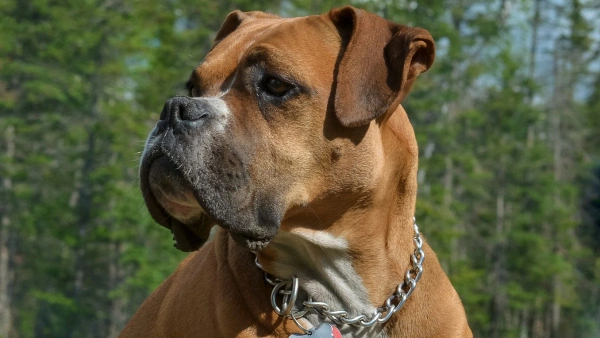
10 Pitbull Health Problems You Should Know in 2025 — Tips
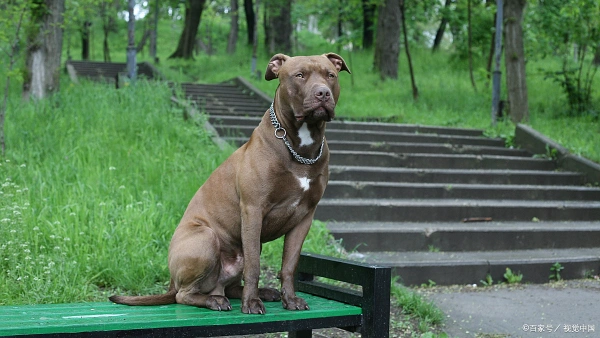

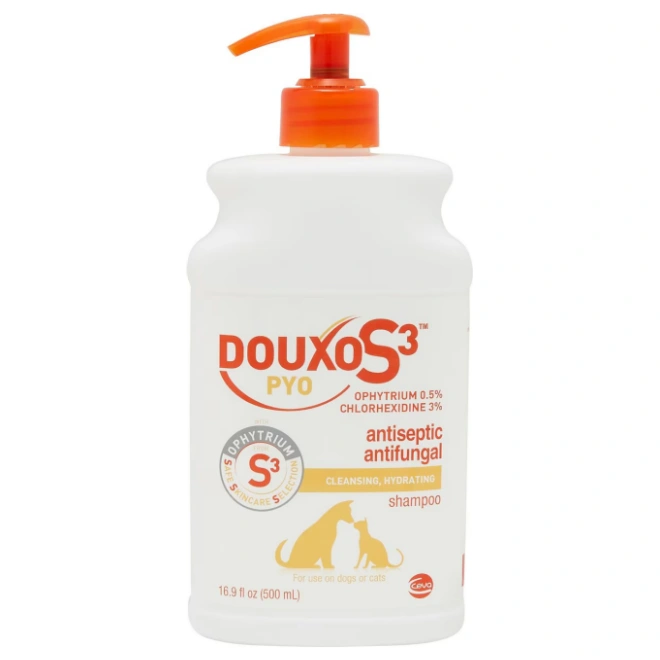
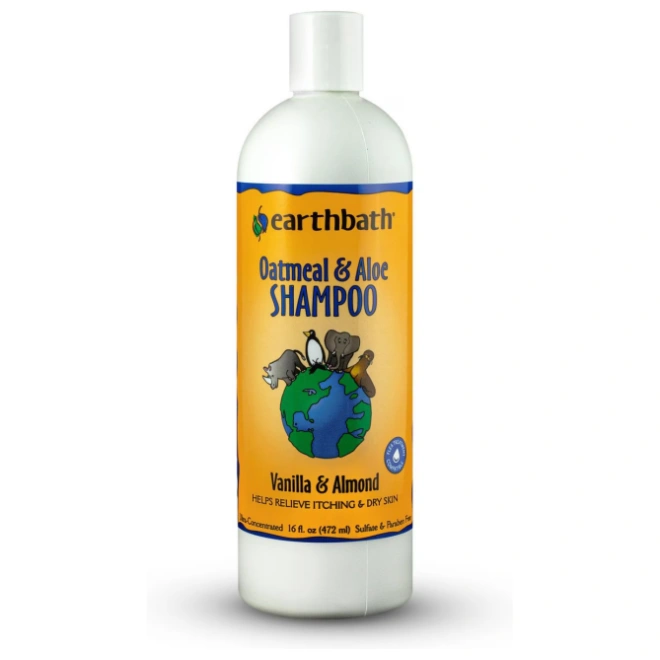
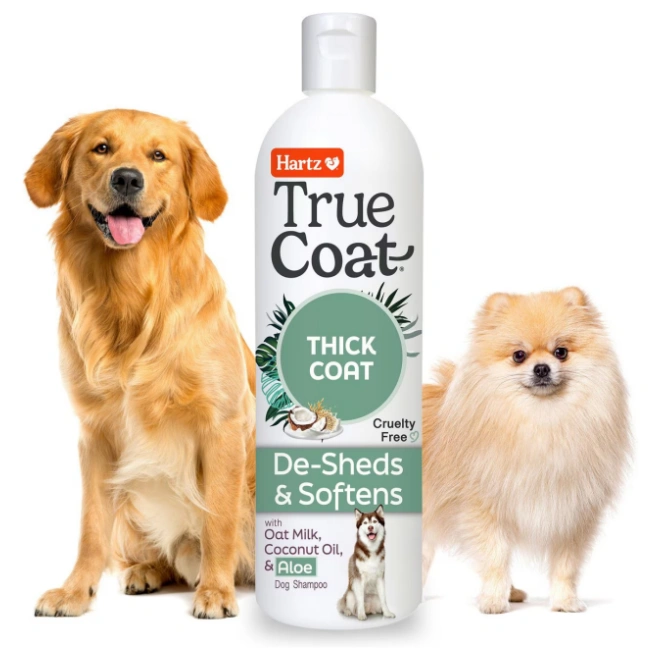
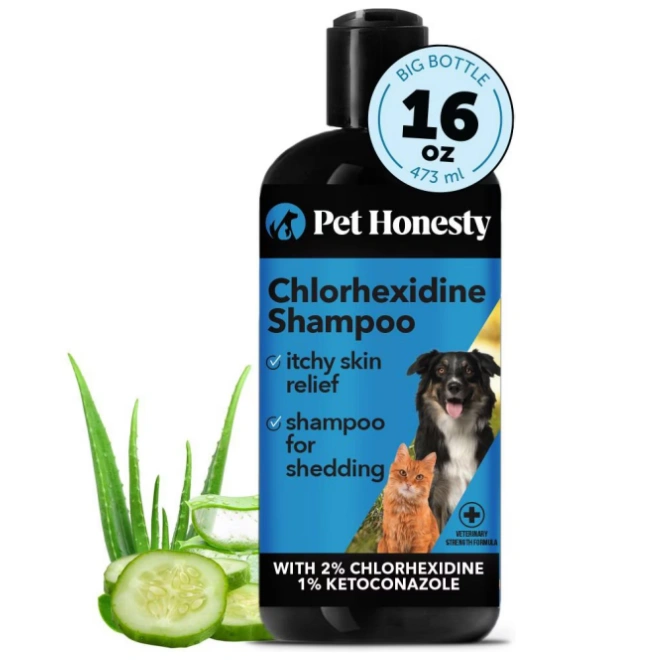








Leave a Reply